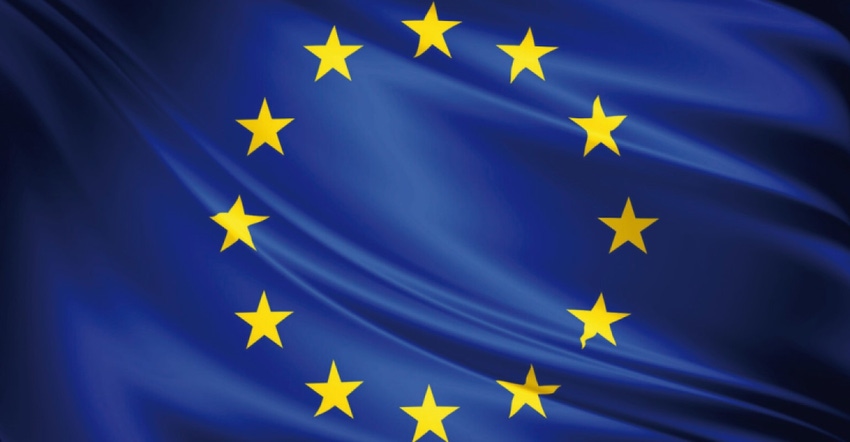Quota for U.S. beef exports to the European Union to triple in next seven years.

On Nov. 28, the European Parliament voted to approve a plan granting the U.S. a country-specific share of the European Union's duty-free high-quality beef quota. The U.S. will be able to nearly triple its annual duty-free exports of beef to the EU over the next seven years under a new agreement signed in August.
The U.S. Trade Representative estimates that Europe’s beef market with annual duty-free exports will grow from $150 million to $420 million when the agreement is fully implemented. Under the agreement, American ranchers will have an initial tariff rate quota (TRQ) of 18,500 metric tons annually, valued at approximately $220 million. Over seven years, the TRQ will grow to 35,000 metric tons annually, valued at approximately $420 million.
U.S. Meat Export Federation (USMEF) president and chief executive officer Dan Halstrom said, “Approval by the European Parliament keeps this agreement on track for implementation in early 2020, which is outstanding news for the U.S. beef industry and our customers in Europe. Lack of capacity in the duty-free quota has been a source of frustration on both sides of the Atlantic, and a U.S.-specific share of the quota will help ensure that U.S. beef can enter the European market 52 weeks per year, without delay or interruption.”
Halstrom added that the EU is one of the top value destinations in the world for U.S. beef, and consistent access will not only benefit U.S. producers and exporters but also European importers and their clientele. “USMEF thanks USTR and [the U.S. Department of Agriculture] for negotiating this agreement and securing its approval, which will bolster the U.S. industry's efforts to expand the European customer base for U.S. beef,” he said.
In 2016, the National Cattlemen’s Beef Assn., USMEF and the North American Meat Institute requested that USTR take tariff action under Section 301 of the Trade Act of 1974 to enforce the World Trade Organization dispute finding in favor of the U.S. against the EU’s ban on the use of hormones in cattle production. USTR held a public hearing on Feb. 15, 2017.
Negotiations resulted in a new agreement, which was approved by the European Council on July 15, 2019. It will go into effect following the European Parliament’s approval. With the EU providing a country-specific duty-free quota for U.S. beef, the U.S. will, as a part of the agreement signed in August, conclude the proceedings under Section 301 of the Trade Act of 1974 initiated in December 2016.
About the Author(s)
You May Also Like



.png?width=300&auto=webp&quality=80&disable=upscale)

